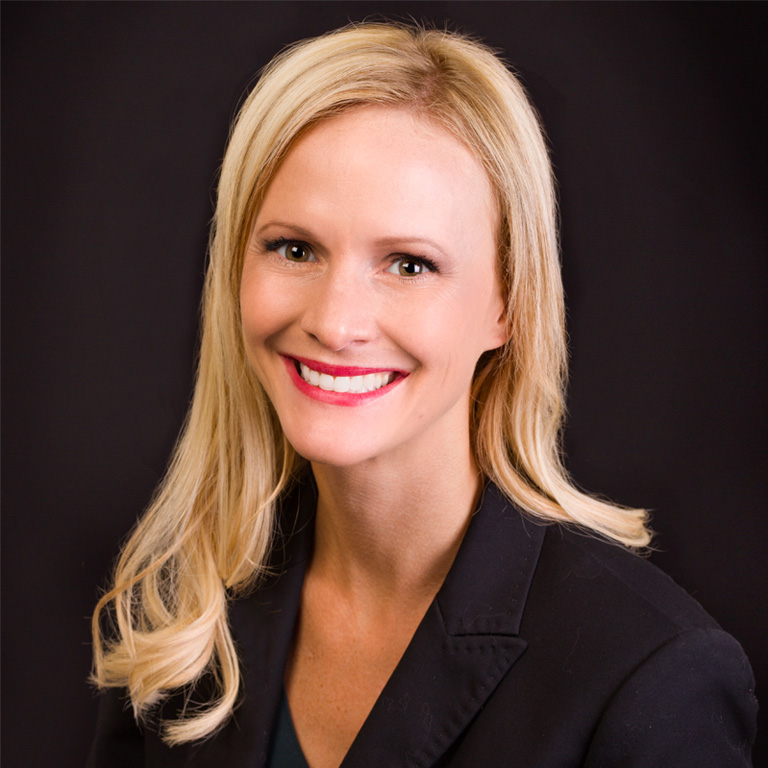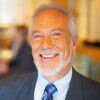LAWYER NEWS HUB
WHEN TO CONSULT A MEDICAL MALPRACTICE ATTORNEY
In the realm of healthcare, trust is a cornerstone of the patient-physician relationship. Patients rely on the expertise and compassion of medical professionals to provide them with the best possible care. While most medical practitioners strive to deliver exceptional service, instances of medical malpractice can and do occur. When patients suspect that their health has been compromised due to the negligence…
Recent Trends in Medical Malpractice Litigation
In the ever-evolving landscape of healthcare, medical malpractice litigation remains a significant concern. Patients and their families, at times, seek the guidance of a medical malpractice attorney or medical malpractice lawyer to address the consequences of substandard medical care. This article delves into the recent trends in medical malpractice litigation, offering insights into the changing dynamics and challenges within this legal arena.
Telemedicine and Medical Malpractice:
In recent years, the advent of telemedicine has brought about a unique set of challenges in the realm of medical malpractice. As healthcare providers increasingly offer virtual consultations, the potential for misdiagnosis or delayed treatment becomes a pressing issue. Telemedicine, while a boon for accessibility, may inadvertently lead to legal disputes.
Medical malpractice attorneys are now dealing with cases that involve remote consultations and the need to determine the standard of care in virtual environments. These attorneys play a pivotal role in navigating the legal intricacies of telemedicine-related malpractice claims.
Electronic Health Records (EHR) and Malpractice Claims:
The widespread implementation of Electronic Health Records (EHR) systems has significantly impacted the landscape of medical malpractice litigation. While EHRs aim to improve patient care and streamline medical data, they also introduce complexities that can result in legal disputes. Errors in data entry, incomplete records, or inaccurate information can all contribute to medical malpractice claims.
Medical malpractice lawyers are increasingly called upon to assess the role of EHR systems in malpractice cases and to help establish liability. Their expertise in understanding EHRs and their potential pitfalls is vital in such cases.
Opioid Crisis and Medical Malpractice:
The opioid crisis has become a major public health concern, and it has not bypassed the legal domain. Medical malpractice attorneys are now handling cases related to over-prescription of opioids, failure to monitor patients properly, and the resulting adverse consequences. These attorneys play a vital role in seeking justice for individuals who have suffered due to medical negligence in the context of opioid medications.
Misdiagnosis and Delayed Diagnosis:
Misdiagnosis and delayed diagnosis are perennial issues in medical malpractice litigation. However, recent trends show an increasing awareness of the consequences of these medical errors. Patients are more informed and willing to hold healthcare providers accountable for the harm caused by misdiagnosis or diagnostic delays.
Medical malpractice attorneys are at the forefront of these cases, helping clients seek compensation for the physical, emotional, and financial burdens they endure as a result of misdiagnosis or delayed diagnosis. These attorneys leverage their experience to build strong cases against negligent healthcare providers.
Artificial Intelligence in Healthcare and Legal Implications:
The integration of artificial intelligence (AI) in healthcare presents a promising avenue for improving patient care. However, it also raises legal questions. Pittsburgh medical malpractice lawyers are beginning to confront issues related to AI errors, algorithmic bias, and the responsibility of healthcare providers in the event of AI-related malpractice.
As AI continues to evolve and becomes more entrenched in medical practice, medical malpractice lawyers will need to stay well-versed in AI technologies and their potential implications in legal disputes.
Statute of Limitations and Legal Reforms:
Statute of limitations has always been a significant factor in medical malpractice cases. Recent trends have seen legal reforms in some jurisdictions, extending the time frame within which patients can file a medical malpractice claim. These changes have a direct impact on the strategies employed by medical malpractice attorneys.
Attorneys need to adapt to evolving legal standards and advocate for their clients within the framework of these reforms, ensuring that individuals have a fair chance to seek justice for medical negligence.
Need assistance for your medical malpractice case? Visit www.philly-injury-law.com for a free consultation.
Conclusion:
Medical malpractice litigation is continually evolving, shaped by advancements in healthcare, technology, and legal reforms. Patients who have suffered due to medical negligence continue to seek the assistance of dedicated medical malpractice attorneys and personal injury lawyers. As these professionals navigate the recent trends in this field, they remain instrumental in advocating for the rights of patients and ensuring accountability within the healthcare system. It is their dedication and expertise that will continue to shape the future of medical malpractice litigation.

Sasha Lee

Andrea Wisk

Lisa Laras
Testimonials
Thanks to you and the team on a job professionally done.

Very impressed with both the professional and personal efforts.


